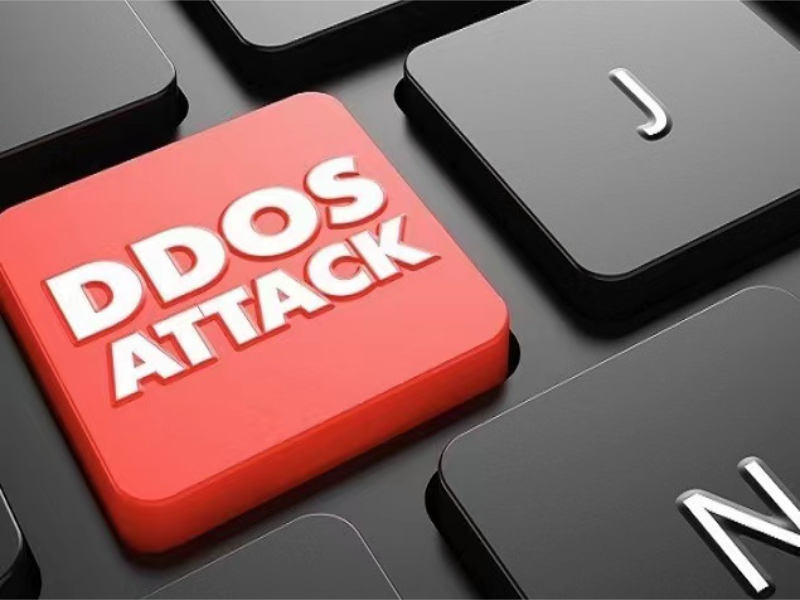- Telegram and WhatsApp users in Russia are unable to access their apps on Wednesday due to a distributed denial of service (DDoS) attack, but the attack is repellable and services return to normal.
- In addition, other websites such as Wikipedia, Skype and Discord are affected.
OUR TAKE
The outage of major communications applications in Russia due to DDoS attacks has revealed the serious challenges facing the country’s cybersecurity and reflected a growing global trend of cyberattacks.
-Rae Li, BTW reporter
What happened
Users of Telegram and WhatsApp in Russia experience access barriers on Wednesday after the country’s state communications monitoring service reported a DDoS attack on the apps. The attack causes users to be unable to use the two popular messaging apps in Russia for some time. However, the monitoring service later says the attack has been successfully repelled and the messaging network is now back to normal.
In addition to Telegram and WhatsApp, Russian media reports that other sites are also affected, including Wikipedia and Skype, as well as social platform Discord. The attack comes weeks after Russian authorities step up criticism of the YouTube platform and shortly after Russian Internet monitoring services report widespread disruptions on the platform, highlighting the growing instability in Russia’s online environment.
Also read: Does a firewall protect against DDoS attacks?
Also read: Understanding anti DDoS: How does it work?
Why it’s important
Telegram and WhatsApp are widely relied upon by Russian users as communication tools, especially as the government exerts greater control over other media and platforms. The occurrence of the DDoS attack not only disrupted People’s Daily communication, but also showed the enormous pressure and challenges faced by the network infrastructure.
The incident also reflects the rising frequency and sophistication of cyberattacks around the world, especially amid heightened geopolitical tensions. The Russian government has previously expressed dissatisfaction and criticism of some foreign platforms, such as YouTube, and whether this attack is related to a broader political or cyber conflict deserves further discussion. Through this incident, the public and enterprises are reminded once again that improving cybersecurity protection measures has become an important issue to cope with the ever-changing threats in today’s digital society.

